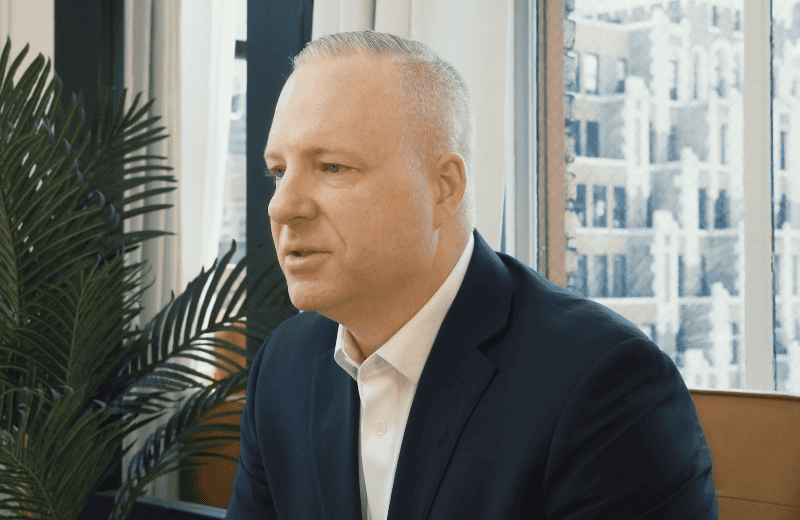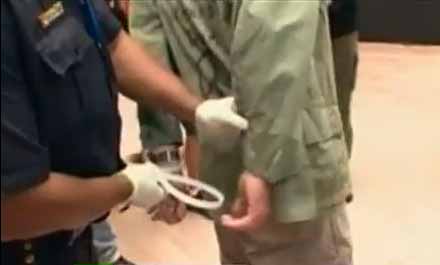As political divisions continue to widen in the United States, Colonel Jeffrey Roth, best-selling author of Fires, Floods, and Taxicabs, emerges as a strong voice advocating for engagement and trust as a path to healing. In a recent interview, Roth shared insights drawn from his op-ed Building Bridges in a Fractured Nation: The Future of America’s Political Discourse, emphasizing the need for dialogue and compromise to rebuild trust in a fractured society.
Disagreement and Lack of Leadership
Roth, who has a long history of leadership, both in the military and through humanitarian work, expressed deep concern over the increasing polarization in political discourse. “There’s always been tension and disagreement in politics-that’s what politics is about, hashing out and debating differences,” Roth explained. However, he noted that the tone has changed. “What’s unique today is how personal it gets and how vitriolic the attacks are.”
In his op-ed, Roth outlined the impact of this shift on the political landscape, stating that “today’s discourse often occurs in isolation, reinforced by social media algorithms,” which have created echo chambers that amplify our divisions. Instead of fostering understanding, Roth believes these platforms can help exacerbate hostility, creating a situation where people are more likely to block or ignore those with differing views, rather than take the time to discuss their ideas.
Optimism for Engagement and Trust
Despite these challenges, Roth remains optimistic. His solution to overcoming political divides lies in civic engagement. “There’s a hunger in the American body politic for more discourse that brings us together, that talks about problem-solving and finding common ground,” he said. Drawing from his own experiences working in inner-city Detroit and Romania after the fall of communism, Roth highlighted the critical role public policy can play in improving lives-when the political process allows for dialogue and compromise. “You build bonds of trust by going through hardship together, whether it’s training or a challenging environment,” Roth explained, referencing lessons learned from his military service.
Roth also underscored the importance of leadership in fostering this environment of trust. He argued that leaders at all levels of government need to build transparency and accessibility, to actively listen to their constituencies, even if they disagree. “When leaders fail to do that, there has to be accountability, whether at the ballot box or through public outrage,” Roth said.
The Power of Civic Education
His message on trust goes beyond leaders, however. Roth firmly believes in the power of civic education. He criticized how youth today are often left without a proper framework for understanding political engagement. “We often take these things for granted in democratic societies, but there has to be a framework for teaching youth how to engage and why it’s important to safeguard our political processes,” Roth stated. He suggested that part of this education should be academic, but part of it should also come from practicing civic engagement in real-world situations.
Roth’s focus on the historical context of political challenges is another key element of his philosophy. In both his op-ed and the interview, he referred to the U.S. Declaration of Independence as a prime example of how messy political processes can lead to positive outcomes. “There were revisions, debates, and compromises, even around issues like slavery,” Roth explained. Despite the disagreements, the founders created a foundational document that laid out the country’s ideals. For Roth, this offers hope. “Even through debate and infighting, something beautiful can emerge.”
The colonel’s call for civility and engagement is not just about political rhetoric; he also recognizes the global implications of U.S. political divides. Roth warned that adversarial state actors like China and Russia, as well as non-state threats like climate change and cyberattacks, view America’s internal dysfunction as an opportunity to destabilize global peace. “When the U.S. appears divided and distracted, it creates a vacuum that these actors can exploit,” Roth said, referring to other countries. He stressed that addressing internal divisions is crucial not only for domestic stability but also for maintaining international leadership.
As Roth looks ahead, he remains hopeful about the country’s ability to overcome these divides. “I do believe there’s a way through this,” he said. But it won’t resolve itself. According to Roth, active leadership and a commitment to rebuilding trust are necessary steps to ensure a more cohesive future for the U.S.
For more on Colonel Jeffrey Roth’s insights, including a deeper exploration of the political challenges facing the U.S., you can read his full interview at Navigating Political Divides: A Conversation with Colonel Jeffrey Roth.



